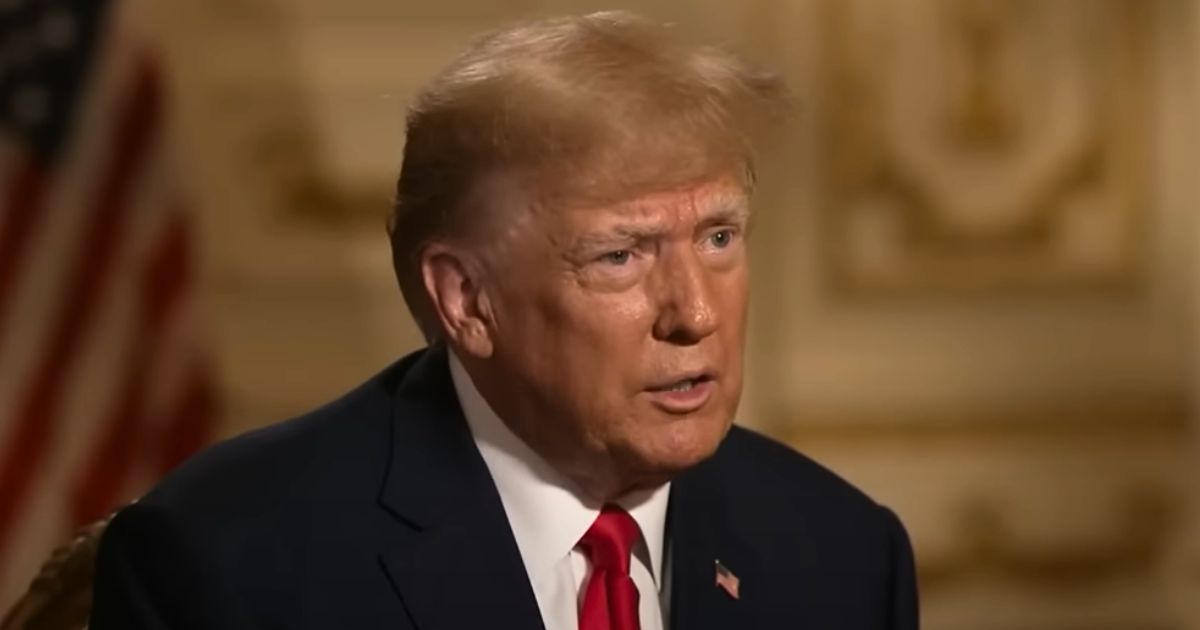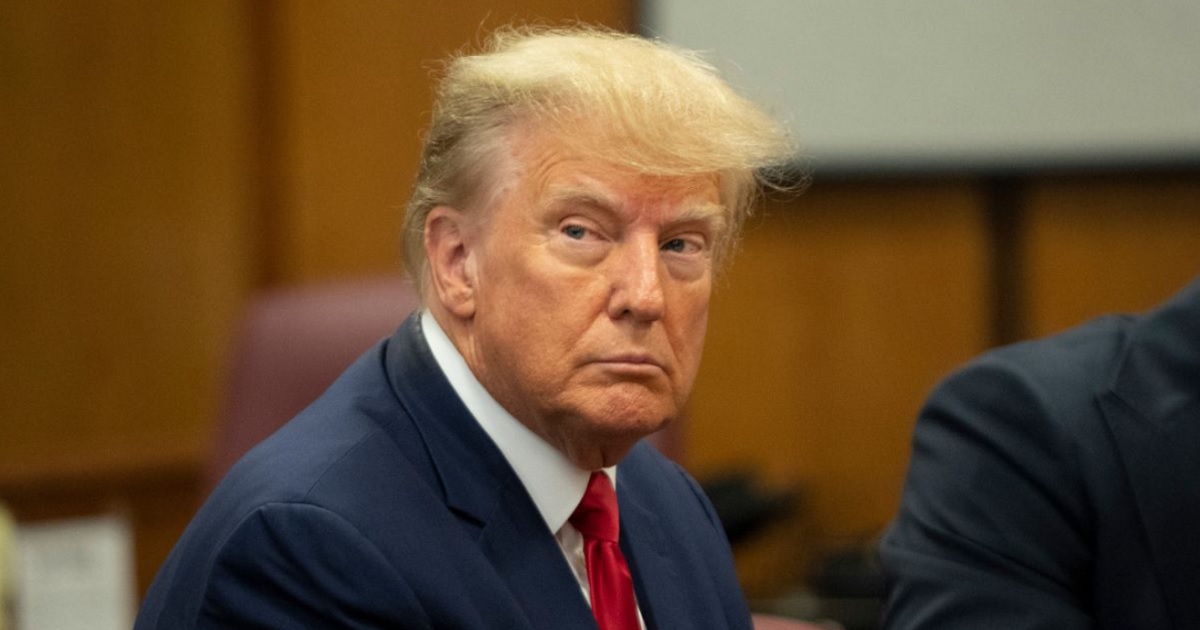Trump administration revives push to end animal testing at EPA
In an ambitious move, the Trump administration, through the Environmental Protection Agency (EPA), is vigorously reinstating efforts to phase out animal testing.
The EPA’s goal under President Donald Trump is to achieve a significant reduction in animal testing by 2025 and a complete phase-out by 2035, as Breitbart reports.
During Trump's first presidential term, the EPA announced plans to curtail animal testing on mammals, endorsing a significant diminution of 30% by 2025 and striving for total elimination by 2035. This directive was initially set in motion to mitigate the ethical concerns and financial expenditures associated with such testing methodologies.
However, progress was stalled when Joe Biden took office in 2021. The Biden administration delayed the compliance deadlines that were crucial for achieving the set goals, thereby postponing the advancement of these initiatives originally articulated by Trump’s EPA.
With Trump now back in office and Lee Zeldin at the helm of the EPA, there's a rejuvenated commitment to adhere to the original plan established for phasing out animal testing at the agency. The focus is once again on eliminating practices deemed unnecessary and possibly antiquated.
Ethical research standards pursued
The White Coat Waste Project (WCW), a known taxpayer watchdog group, has expressed strong support for Administrator Zeldin's revived efforts.
They highlight the ethical dimensions and the misuse of funds associated with continuing traditional animal testing, such as forcing animals to inhale smoke from firearms.
Rep. Nicole Malliotakis (R-NY) has also shown enthusiasm for the resumption of President Trump’s original plans for the EPA.
She emphasized that these efforts not only help save taxpayer money but also benefit the welfare of animals substantially by cutting down on painful and outdated experiment methods.
According to Malliotakis, modern alternatives can provide more reliable results and are more humane compared to traditional animal testing methods.
She commended similar initiatives being adopted by the FDA, moving towards phasing out several animal testing protocols.
Renewed momentum emerges
Molly Vaseliou, a spokesperson for the EPA, reiterated the agency’s resolution under Trump’s leadership, mentioning, “Under President Trump’s first term, EPA signed a directive to prioritize efforts to reduce animal testing and committed to reducing testing on mammals by 30% by 2025 and to eliminate it completely by 2035.”
She added, “The Biden administration halted progress on these efforts by delaying compliance deadlines. Administrator Zeldin is wholly committed to getting the agency back on track to eliminating animal testing.”
Justin Goodman, senior vice president of WCW, criticized the Biden administration for not only stalling the original plan but also funding new experiments he described as wasteful, which involved exposing animals to gun smoke solely for gun control studies. This spending was criticized as a misuse of both animal lives and taxpayer dollars.
Political, public health implications assessed
“Reinstating the Trump EPA plan will save tens of millions of taxpayer dollars and spare countless dogs, rabbits, and other animals from painful and unnecessary experiments that can be replaced with modern alternatives that are more effective than antiquated animal testing methods,” Malliotakis noted, highlighting the fiscal and ethical benefits of this shift.
This push towards ethical reform in scientific testing reflects an evolving attitude towards animal rights and modern scientific methodologies, stressing the importance of non-animal testing methods that could benefit both scientific integrity and animal welfare.
Such initiatives resonate with the public’s growing concern about ethical standards in research and experimentation, presenting a significant shift in how governmental agencies approach science and regulation.
This could potentially herald a new era in the intersection of policy, science, and ethics concerning animal welfare in the United States.





